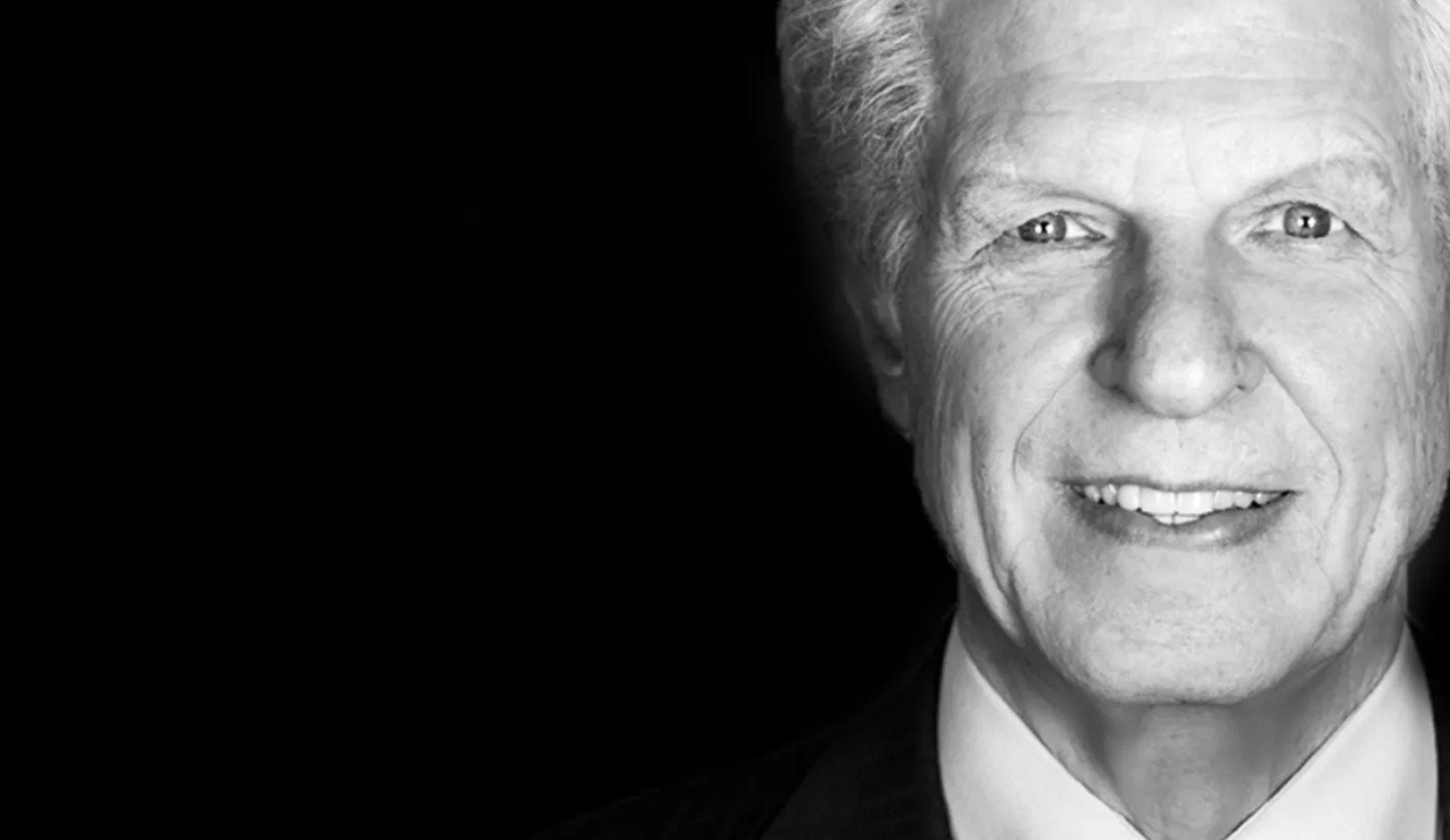Martin Keller Q&A
Martin Keller remembers his time at the center of the pop-culture universe.


“How can you win in the marketplace? You need to find an idea or concept that nobody else owns. That’s what positioning is all about. You need to create a unique position in the minds of your prospects that is different from your competitors. That’s what most successful brands do.”
The book describes a business — advertising — that is focused on the individual and not on the company as a whole. I’ve never like being a part of a team. I’d rather do things on my own, my way.
The objective of a marketing program is to create customers for your brand. I agree with CMOs who also want to create customers for their brands. But how do you do that? Most marketing people think the way to do that is to study your potential customers and give them what they want. But that doesn’t work because your competitors are already doing the same thing. So how can you win in the marketplace? You need to find an idea or concept that nobody else owns. That’s what positioning is all about. You need to create a unique position in the minds of your prospects that is different from your competitors. That’s what most successful brands do. How did Tesla own 70 percent of the electric vehicle market in America? By being the first electric vehicle brand in the minds of automobile prospects. How did Monster become the second leading brand in the energy drink market? By being the opposite of the leader brand, Red Bull. Monster was the first brand to offer a 500ml can. Everybody else introduced their energy drink brands in the 250ml can that Red Bull pioneered. Why did everyone else introduce their brands in 250ml cans? Because energy drink customers liked the small Red Bull cans. They were like a stick of dynamite.
This is an example of logic at work. Everybody knows that Walmart is a place that sells everything for low prices. Why not give customers the opportunity to buy Walmart products on the Internet in addition to the stores? That makes a lot of sense conceptually. But not in the mind. Customers first think, should I go to a store or should I buy it on the Internet. So in the mind, customers have two lists. One for stores, the other for Internet sites like Amazon and many others. A brand cannot own two positions in a mind. Life is far too complicated already. There are thousands of brands and customers cannot be expected to remember which ones have only stores, which ones have both stores and Internet sites and which ones just have Internet sites. Walmart in the mind is a store. Even today, after decades of trying, Walmart does only 8 percent of its sales on the Internet. And many of those sales would have been at the stores if Walmart had only stores.
Marketing will become far more important. Currently most prospects ignore advertising and see little PR about brands because the media is focused on the effects of the Covid epidemic. Another change will be from national to global brands. Sooner or later countries are going to realize that their economic future depends on exports. That’s why China has grown so rapidly. Today, China leads all other countries in exports, including America.
BMW narrowed its focus to driving and became the largest-selling luxury-vehicle brand in the world: The ultimate driving machine. Then they changed their strategy to joy and lost their leadership to Mercedes-Benz. Federal Express narrowed its focused to overnight and became the largest package-delivery firm: When it absolutely, positively has to be there overnight. Folgers narrowed its focused to breakfast and became the largest-selling coffee brand: The best part of waking up is Folgers in your cup. Zappos narrowed its focus to shipping and became the largest-selling shoe retailer on the Internet: Free shipping. Both ways. Dell narrowed its focus to personal computers sold direct to businesses only and became the largest-selling personal-computer brand in the world. Dell was founded by Michael Dell, a 19-year-old student at the University of Texas. Dell was competing with IBM, one of the largest companies in the world. Dell sold only personal computers. IBM sold all types of computers and a lot of other products. You can’t win the battle in the mind by selling everything.
Two things. The importance of a visual hammer and a marketing slogan that is memorable because of rhyme, alliteration, repetition, reversal or double-entendre. My daughter wrote a book on each of these subjects: Visual Hammer and Battlecry. Marlboro used the cowboy as a visual hammer and became the largest cigarette brand in the world. In the 1920s, a London advertising agency, Mather & Crowther, created an advertising slogan for apples: An apple a day keeps the doctor away. Today, most nutritionists think an apple is one of the healthiest foods you can eat. An apple is 74 percent sugar.
The opportunity to build global brands using visual hammers instead of words. Here is a visual hammer we created for a Mexican burger brand and a slogan that rhymes: Fiesta para la Bestia.

At my age, 94, and with the pandemic, I spend almost all my time with my wife and dog.
Martin Keller remembers his time at the center of the pop-culture universe.
Deborah Weinstock reflects on 37 years in legal marketing with the same firm.